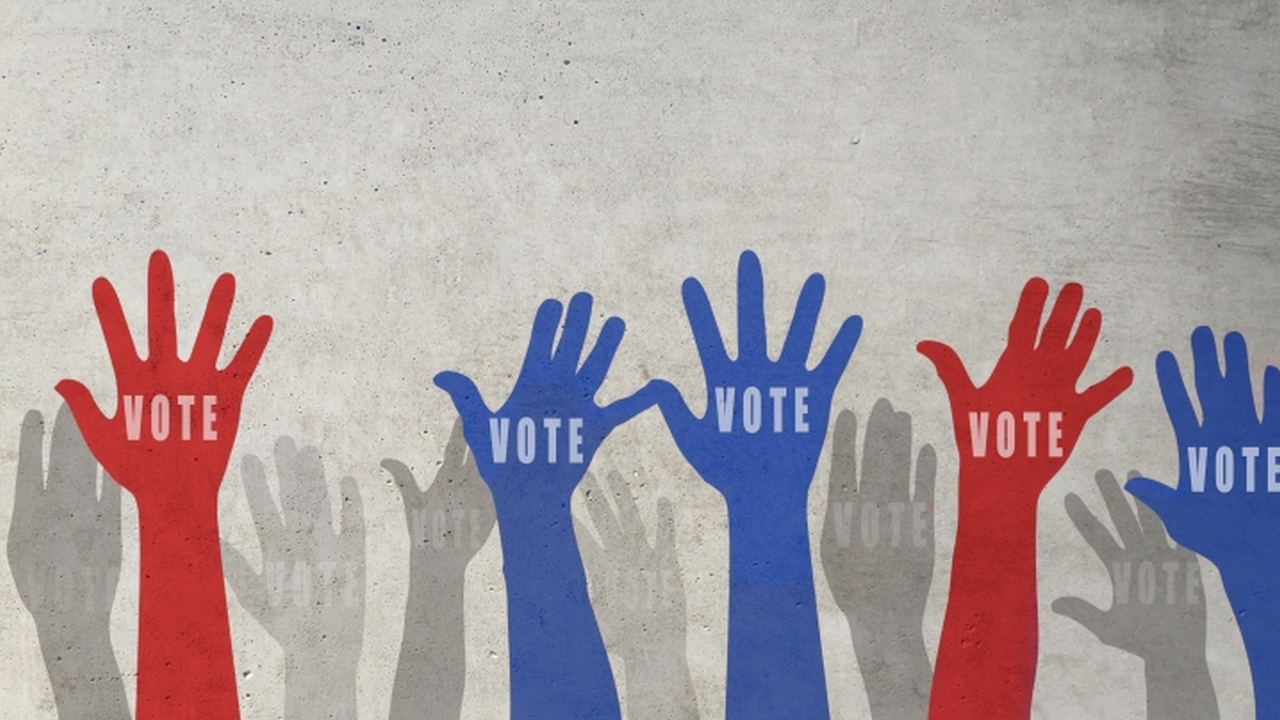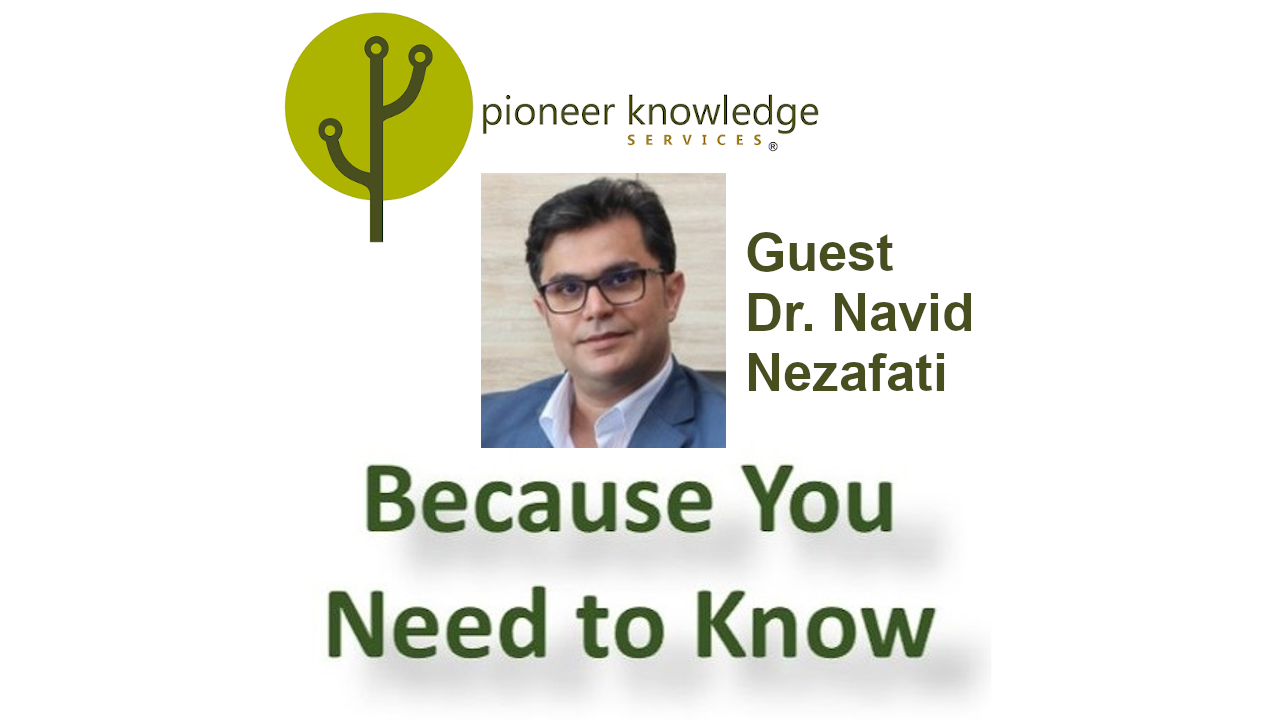
The incoming US administration: transition, decision-making, and the value of knowledge management
As the next United States administration transitions into power in January 2021, it will face many domestic and foreign policy and national security challenges. How will it be a knowledge-based decision-making process?
How much and how often will learned lessons objectively support decision-making, even if learned across previous administrations? How will the next administration create value from its accessible knowledge, regardless of the source of that knowledge?
A major challenge area – Iran nuclear deal of 2015
For example, a major challenge area will be a decision about re-engagement in the Iran nuclear deal of 2015. This raises three questions for me:
The first question is common to many:
- “What can we expect will be the national security and foreign policy towards re-engaging Iran in this deal from which the US withdrew in May 2018?”
The second and third questions may not be common to many and must be asked:
- “What lessons have we learned over the course of years of engagement with Iran (and other participants) in the creation, negotiation, and realized and unrealized outcomes of this deal?
- “ What value can and will we create from our learned lessons in the creation, negotiation, and realized and unrealized outcomes of this deal?”
The answer to the first question, based on President-elect Biden’s statements, seems to be re-engagement since the President-elect has stated he wants to return to the deal, and further develop a follow-on agreement if Tehran begins to honor its commitments. How will this be decided? [Note: To be clear, I am not advocating any specific political or national policy outcome.]
A performing and learning approach to decision-making
As a long-time knowledge management practitioner, what I am advocating is a focus on “performing and learning” as a basic foundation for any decision-making.
For the Biden administration to:
- Look objectively and unemotionally at the learned lessons from the decisions made during the preceding period of performance across two administrations.
- Understand the reasoning for the decisions made and the evidence and insight relied upon to make those decisions. And based on this approach, incorporate the varied subject matter expertise from demonstrated subject matter experts regardless of political affiliation. Multiple lenses on the same subject increase the probability of a higher quality “best value” decision and outcomes incorporating any necessary tradeoffs.
- Analyze the current outcomes of those previous decisions and what new insights have been revealed, what projections or expectations have been borne out, and how can they be relied upon to make future, better, and higher quality decisions regarding re-engagement “why” and “how.”
These are the tenets of a knowledge management approach to decision-making that should be front and center not only in this particular challenge area but also in the many other policy and governance challenge areas that the new administration will face.
Unemotional, evidence-based, analytical, understanding history and learned lessons – it is about “performing and learning.” It shouldn’t be hard … but I know it will be.
Header image source: Shutterstock.







Nice article Bill. But especially in politics, I think it’s important to recognise that facts only get you so far. Emotion is a form of knowledge too, often a very powerful and primal one. That passion drives action at the individual and group level, often far more so than “unemotional” intellect.
I think Van Jones really clearly illustrates this dynamic in his story about working with the Trump administration on prison reform. From The Guardian article (https://www.theguardian.com/world/2020/dec/06/van-jones-cnn-faces-of-2020-joe-biden-romantic-idealist):
“… if you can see a moment where you could get something done to help the people at the very bottom, I felt the responsibility to do it. I worked with the Trump administration on criminal justice reform. We got a bill passed and signed by President Trump, and I was in the Oval Office when he signed it – he handed me one of the pens. That bill has helped people behind bars … I also have a very different view on the administration than people who just stood back. I saw Jared Kushner and Ivanka Trump trying to get something very hard done against the objectives of many in their own party, and came to admire their role and the strength they showed in that fight quite a bit. And it doesn’t mean I agree with them on many other things. But on the issues that I saw them working on, I saw them doing some things that a lot of liberals and progressives didn’t want to give them credit for …
There are people who feel that if you’re a Democrat or Republican, your side is always right and the other side is always wrong. I’m not subscribing to that point of view. I try to look at the issues, the opportunities, the bills and the candidates with more or less fresh eyes. With Jared Kushner I got 99 problems but prisons ain’t one. Jared’s dad went to prison. He understands. And so I’ll fight till the last dog barks. That used to be the way it worked in American politics. It’s only been very recently that, if you say one positive thing about the other side, you are a traitor. If you work with them on one issue, even an issue I spent 25 years of my life on, you are a traitor, and anything else you say can be dismissed. That is a new phenomenon. And I just don’t subscribe to it.”
I understand your viewpoint clearly. Sometimes emotion trumps (no pun intended) evidence which often ends up with outcomes different than desired.